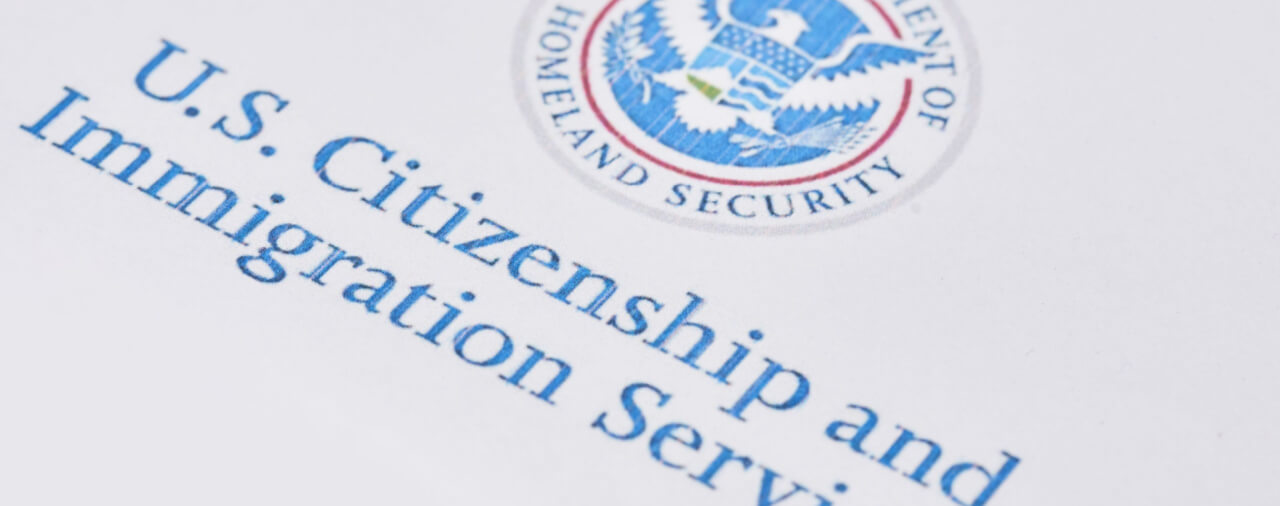On October 19, 2018, the United States Citizenship and Immigration Services (USCIS) published a news alert about its efforts in assisting with the investigation and successful prosecution of an individual for fraudulently practicing immigration law [PDF version].
Vironica Perdomo pled guilty to fraudulently practicing immigration law and impersonating an immigration officer. Specifically, her plea included two counts of Wire Fraud (maximum penalty of 20 years in prison for each count), four counts of Impersonating an Officer or Employee of the United States (maximum penalty of 3 years in prison for each count), and twelve counts of Fraudulently Affixing the Seal of an Agency of the United States to a Document (maximum penalty of 5 years in prison for each count). She will be sentenced after the preparation of a presentence report by the United States Probation Office.
At the plea hearing, the prosecutor advised the sentencing judge that Perdomo had falsely presented herself as an employee, officer, or attorney working for the United States Citizenship and Immigration Services (USCIS). Perdomo would then fraudulently practice immigration law, finding individuals who were in the United States illegally or who were in the United States legally but having issues with their status, and then “assist” them for a fee. However, Perdomo did not actually assist her victims, but instead prepared documents which she falsely claimed she was sending to USCIS but which she put in a storage shed behind her home. She would then prepare fake documents displaying the seal of USCIS and the Department of Homeland Security (DHS) and claim to her clients that the documents had been prepared and sent by the agencies.
A USCIS Fraud Detection and National Security immigration officer received the initial tip of the fraud. The investigation progressed and the information gleaned assisted federal prosecutors in bringing the case to a successful conclusion.
This case is an example of someone taking advantage of vulnerable individuals in need of genuine legal advice. It highlights the importance of finding a reputable immigration attorney for expert guidance. This case also highlights that some fraudsters attempt to present themselves as immigration officials. When in doubt, an individual may refer to the DHS website or the website of the specific immigration component in question. These government agencies have in-depth resources on fraud detection, reporting fraud, and explanations about how they do and do not contact individuals. Furthermore, an experienced attorney may assist in determining whether a purported government communication is genuine or fraudulent.





